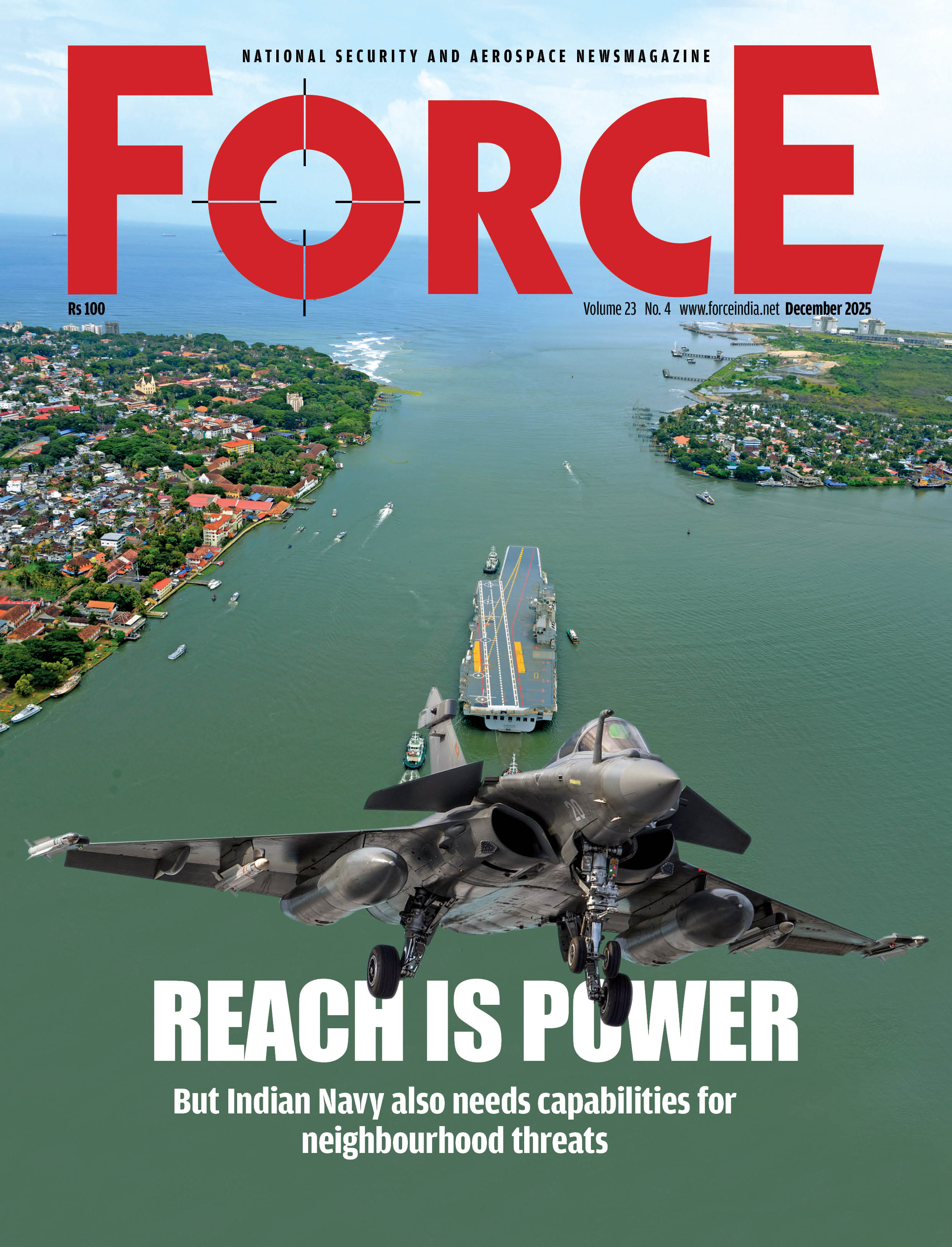Lessons in Self Reliance
 Rear Admiral Sudhir Pillai (retd)
Rear Admiral Sudhir Pillai (retd)
‘Reading is critical thinking and critical thinking is reading’ is an apt statement from Professor Robin Goodman. While many of us read for comprehension, the necessity to read and learn to evaluate others’ ideas can be crucial to expanding one’s horizons. As one conceptualises, analyses, and assesses the information presented in a book, one becomes more adept at big-picture thinking, and one thinks more deeply about the world in which one lives.
Here, I recommend four books that seek to expand on the concept of Atmanirbharta. The buzzword has caught on since 12 May 2020, when Prime Minister Narendra Modi gave a clarion call kick-starting the AtmanirbharBharatAbhiyaan. The defence ministry recently announced a third ‘negative’ list to encourage Make in India and have as a policy sought to ensure that many requirements are met from indigenous sources. The success of such policy prescriptions can be vital to military efficiency and military modernisation. Here’s a short-list of books that can help expand horizons on the vital subject.
Rich Nation Strong Army: National Security and the Technological Transformation of Japan by Richard J Samuels looks at how Japan in the post-World War II era, despite the ‘Peace Constitution’ of 1947, rebuilt its defence and aircraft industry with its ‘private sector’ driving the Japanese ministry of international trade and industry and finance ministry for capital allocations as a prerequisite to rebuilding their defence industry. Japanese leaders understood that economic strategy is as important as military power and technology is an essential enabler for both pursuits.
India can learn from three constants that led to Japan emerging Atmanirbhar: the struggle for independenc
Subscribe To Force
Fuel Fearless Journalism with Your Yearly Subscription
SUBSCRIBE NOW
We don’t tell you how to do your job…
But we put the environment in which you do your job in perspective, so that when you step out you do so with the complete picture.







